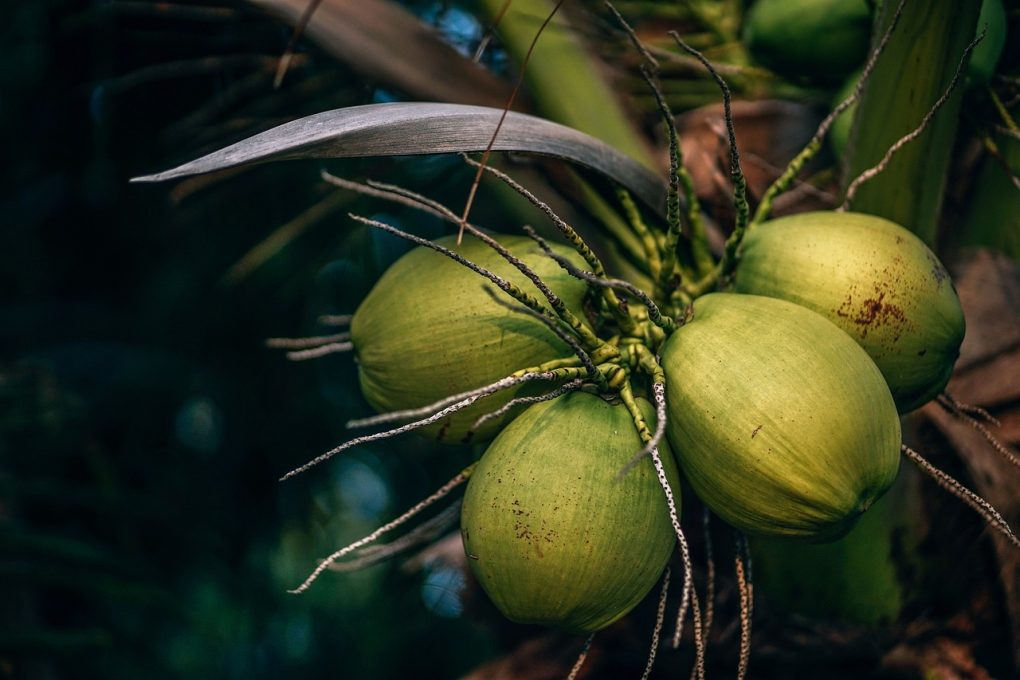
Coconut milk is a popular dairy-free option that is used in many recipes. It is a great alternative for those who are lactose intolerant or vegan. But how do you store it? Can you freeze coconut milk?
In this comprehensive guide, we will answer this question and more. We will explore the different ways to store coconut milk, how to freeze it, and how to thaw it. We will also discuss the benefits and drawbacks of freezing coconut milk. So let’s get started.
What is Coconut Milk?
Coconut milk is a dairy-free alternative to traditional cow’s milk. It is made from the pulp of mature coconuts that have been soaked and then blended with water. Coconut milk has a creamy texture and a mild, nutty flavor.
It is high in healthy fatty acids and vitamins, and is a great source of nutrition for those who are lactose intolerant or vegan. Coconut milk is commonly used in place of dairy milk in recipes, such as smoothies, curries, soups, and desserts.
How to Store Coconut Milk
Coconut milk can be stored in both the refrigerator and the freezer. When storing coconut milk, it is important to keep it away from direct heat or sunlight.
In the refrigerator, coconut milk can be stored in an airtight container for up to five days. It should be kept in the main body of the refrigerator, not in the door.
In the freezer, coconut milk can be stored in an airtight container for up to three months. It should be placed in the coldest part of the freezer.
Can You Freeze Coconut Milk?
Yes, you can freeze coconut milk. Freezing coconut milk is a great way to extend its shelf life and prevent it from going bad. It can be frozen in both its original form and in recipes.
When freezing coconut milk, it is important to use an airtight container. This will prevent ice crystals from forming and will also help to maintain the flavor and texture of the coconut milk.
How to Freeze Coconut Milk
To freeze coconut milk, first pour it into an airtight container. Make sure to leave some headspace to allow for expansion. Then, label the container with the date and freeze it.
When freezing coconut milk, it is important to leave it in the freezer for at least 24 hours before using it. This will ensure that the coconut milk is completely frozen and will prevent it from thawing too quickly.
How to Thaw Frozen Coconut Milk
To thaw frozen coconut milk, remove it from the freezer and place it in the refrigerator overnight. This will allow the coconut milk to thaw slowly and evenly.
Once the coconut milk has fully thawed, it can be used in recipes or consumed. It is important to note that thawed coconut milk has a slightly different texture than fresh coconut milk, so it may not work as well in some recipes.
Benefits of Freezing Coconut Milk
There are several benefits to freezing coconut milk. Freezing coconut milk helps to extend its shelf life, which can save money and reduce food waste. It also prevents the coconut milk from going bad, which is especially important for those who are lactose intolerant or vegan.
Freezing coconut milk also makes it easier to use in recipes. It can be stored in the freezer and then used whenever needed. This can be especially helpful for busy cooks who don’t always have time to shop for fresh ingredients.
Drawbacks of Freezing Coconut Milk
Although freezing coconut milk has many benefits, it also has some drawbacks. The texture of frozen coconut milk can change after it is thawed, so it may not work as well in some recipes.
Frozen coconut milk also has a shorter shelf life than fresh coconut milk. Once it is thawed, it should be used within one to two days. Otherwise, it may spoil.
Conclusion
In conclusion, coconut milk can be stored in both the refrigerator and the freezer. Freezing coconut milk is a great way to extend its shelf life and prevent it from going bad. When freezing coconut milk, it is important to use an airtight container and leave it in the freezer for at least 24 hours before using it.
Freezing coconut milk has many benefits, such as helping to save money and reduce food waste. However, it also has some drawbacks, such as a shorter shelf life and a different texture after it is thawed.
Overall, freezing coconut milk is a great way to extend its shelf life and make it easier to use in recipes.
